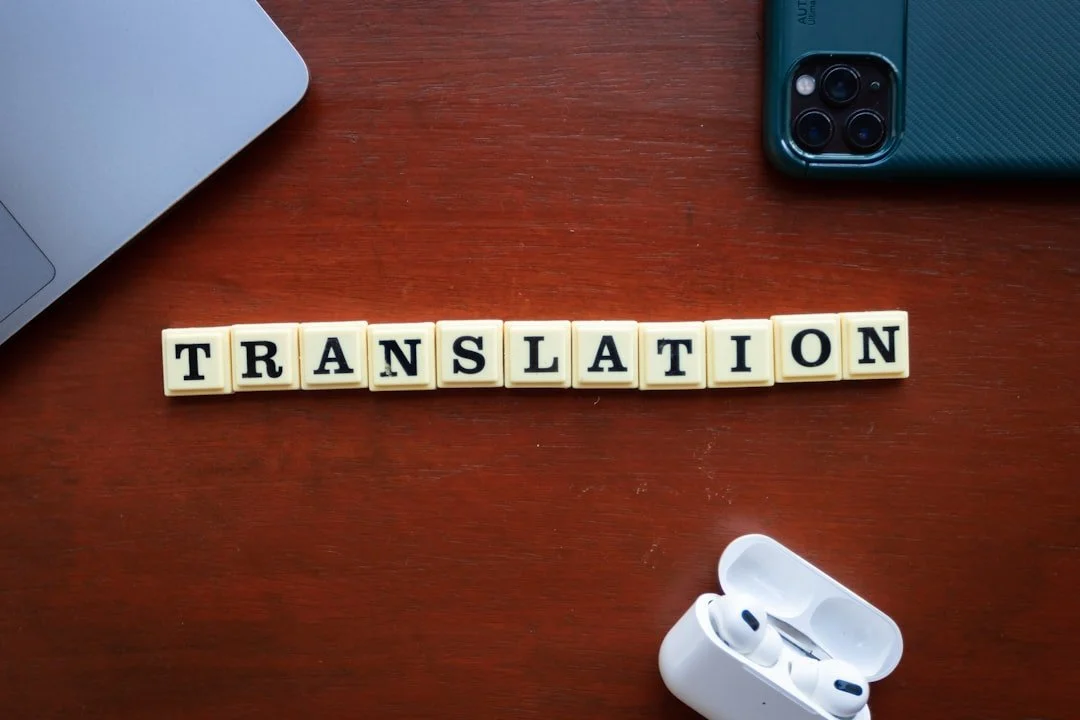#34 Life & Translations
Yesterday, I sent the last edits of my first novel, “Unwritten,” to my publisher. If things go according to plan, we’ll go to production with this version. If not— a real possibility I shouldn’t ignore— I’ll go through it once more like a champion and thank her because the goal is to make my book better, and I’m currently too tired to fight back more than strictly necessary. You might ask yourself why I feel fatigued if this is my full-time work and I chose it voluntarily, and that’s a valid question for which I have a reasonable answer: I think I might be doing too much, and I’m not considering slowing down.
Unwritten will be published in March 2026, and I am working on edits and translating it to Spanish. After that, the plan is to copy-edit in Spanish, translate to Portuguese and continue the edits in that language too. Some fellow writers asked me recently why I would go through the penitence of translating the novel myself. Telling them I am a micro-manager could have been enough, but that’s not the real reason. I decided to translate to the languages I use at home because I wanted to be able to recognize my voice in those versions. Am I crazy? Maybe a little, I know… and I embrace it, though the truth is that I never expected it would be so difficult.
I am Spanish. I live in The Netherlands with my partner and kids. My kids talk Dutch between them. Because of our jobs and most of our friends, my partner and I speak English most of the day. At home, because our family started in Portugal, we speak Portuguese and a bit of Spanish— when I’m alone with the kids. My brain works simultaneously in three to four languages and crashes from time to time. I write in English because it’s the language I use the most, and now that I’m about to work on the languages I was raised and grew up with, I’m feeling the weird sensation of not belonging to any of the places I used to love. Does it make sense?
I left Spain when I was twenty-one, lived in Portugal for eleven years, and have been in the Netherlands for twelve. Still, none of those countries feel like home anymore. For me, home is where I have people I love: there are houses, apartments, a beach, and a couple of cafes and restaurants I feel good at. All the rest are places I know and visit, but not my home. If I had to leave my house, I would miss it, but I know I would find another one, as I found something the previous times I had to move. If I had to leave the city, I would accept it— and face my kids' complaints. If I had to move to another country— if I really had to— I would do it as long as I kept my family together. However, my family cannot solve all my problems and dilemmas. My mother does not understand why my Spanish is not perfect anymore, and many of my friends from Spain cannot believe I would choose English— a “cold” language for them— to write about the things I do. Now, I decided to face my fear, the dictionary and my memory. Am I antiquated? Can I use that expression I used when I was sixteen? Is my writing “cool” enough?
My printer just finished its work. The 385 pages, 112695 words, are out, now in a white binder I’ll be using for the next weeks to track my progress. It’s time to face my own decisions… what was I thinking…
